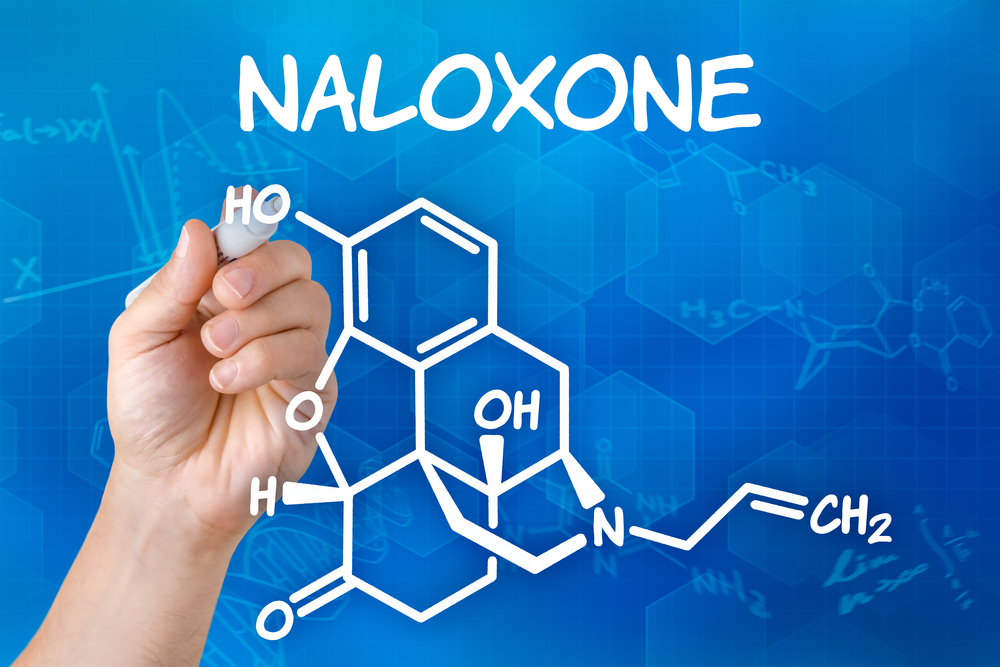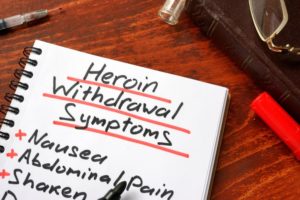How Long does Suboxone Block Opiates?
Suboxone is a drug used to aid in the medically assisted detox process from opiates such as heroin. Suboxone will block opiates, protecting the user from getting high and preventing them from feeling the effects of opiates for a 24 hour period. One of the ingredients in Suboxone is what scientists call a partial agonist. Acting as a “key” that fits into the same “locks” in the brain that Hydrocodone, Oxycodone, Heroin also fit when Suboxone blocks the effects of opiates makes overcoming addiction easier.
Many people are asking “How long does suboxone block opiates?” This is a valid question. However, first we need to clarify for those who may be confused about who needs Suboxone and how it works. If you or anyone you know is showing the signs of drug abuse or opioid addiction, this information could be life-saving.
Who Needs Suboxone?
It is a myth that only losers can become addicted to opiates. Many professionals start taking it following surgery or serious accident. The next thing they know, they are physically and mentally dependent on the drug. Even after attempts to quit, their opioid addiction makes quitting very difficult, due to the fears of opiate withdrawal. Withdrawal from opiates can be painful and extremely uncomfortable– many people in detox from opiates will tell you, it’s miserable. So if there’s not medical or professional support when trying to quit an opiate addiction, it’s difficult to attempt on your own.
Other people using drugs like heroin or prescription pills found on the streets can face the same dilemma. Opiate usage results as a response to being in pain, whether it is emotional or physical. The hardest part can be accepting this truth.
Anyone with an opioid addiction can benefit from having Suboxone block the effects of withdrawals and even a relapse if it happens. That’s because when taking Suboxone you can’t get high. The Naloxone and Buprenorphine prevent the impact. That’s why Suboxone is so useful.
Getting into a treatment center gives the chance to separate from the stresses of day to day life and the people with destructive habits. If you or a loved one is having a hard time making the right decision, we are here for you. We can provide support whether it is in the form of consultation for yourself or intervention for a struggling family member.
How long do Opiate withdrawals last?
Opioid addiction is a severe problem, and intense withdrawal symptoms can last for weeks without the right help. In addition to discomfort following getting off the drug, cravings can continue for up to a year.
Even people with a lot of willpower find themselves struggling to get through withdrawals. Everytime a relapse happens, the withdrawal process starts over again. Since the withdrawal effects are so intense and last a very long time, it’s very easy to slip, beginning the withdrawal process over again.
That said, you do have plenty of options when it comes to a medically assisted detox. Seeking the proper treatment provides the opportunity to ease withdrawals. With the withdrawal effects lowered, being in a safe place, it gives opiate addicts the chance to stay sober long enough to get through the cravings.

What is the active ingredient in Suboxone?
Suboxone is made up of two different substances. Buprenorphine and naloxone work together to block the effects and withdrawal symptoms of opioid addiction.
Buprenorphine works on opioid receptors in the brain the same way that pain pills and heroin do. When someone becomes addicted to opiates, they not only get addicted to the feeling but physically need the substance, so they don’t feel sick. Buprenorphine gives them what they need without actually delivering them a normal high, which is why it’s called a partial agonist. That’s what makes it a great stepping stone sobriety for opioid addicts. However, Suboxone is not a long-term solution.
Naloxone is a non-opioid that works together with Buprenorphine to block opioid receptors in the brain. It helps with the psychological cravings that come following heroin addiction because an opiate addict cannot get high while they are taking it. It blocks the effects of taking any opiates completely.
What is the difference between Suboxone and Subutex?
Suboxone contains both Buprenorphine and Naloxone, while Subutex contains only the Buprenorphine. In rehab, during medically assisted detox, doctors will usually prescribe Suboxone to block the effects of withdrawals and relapse. The only exception is if the patient has liver or kidney problems since the Naloxone in Suboxone can cause issues there.
What are the side effects of Naloxone?
Long-term use of Naloxone can be problematic for opiate addiction. It is designed to be a part of a medically assisted detox. Some side effects can include chest problems, breathing problems, sweating, nausea or vomiting, and headache among others.
What are the side effects of Buprenorphine?
Side effects of buprenorphine include a headache, numbness, drowsiness, sleep problems, and stomach pain. You might also feel a bit of trouble concentrating or even feeling drunk.

What happens without treatment?
It’s not surprising to see that many users on opiates-Reddit report friends are dying. Especially with how bad the drugs on the streets going on are these days, a fatal overdose is not only likely, it’s inevitable. While some users can attend 12-step support groups that help them get their lives together, it is very uncommon.
Great Article John C..
Related Articles



